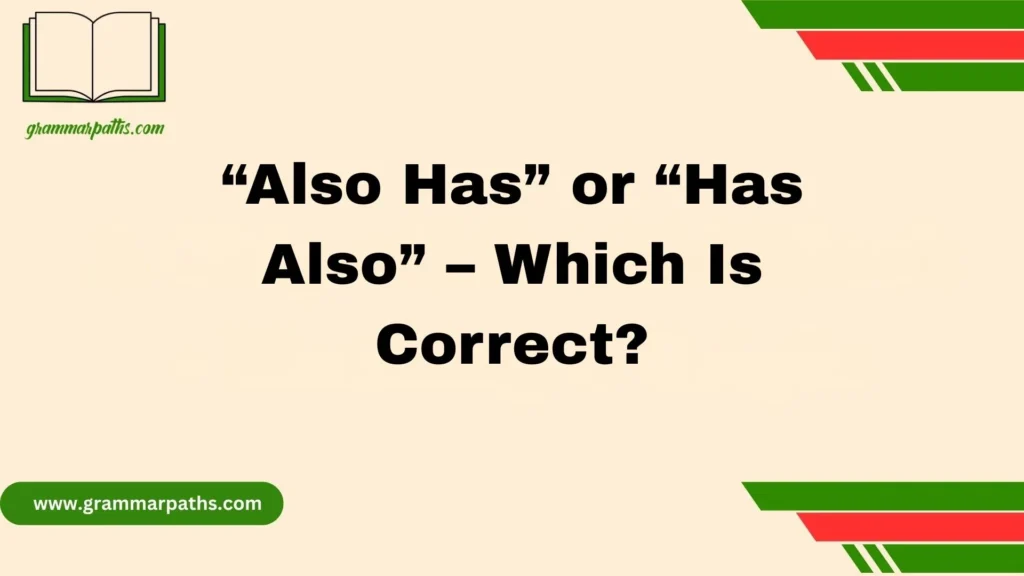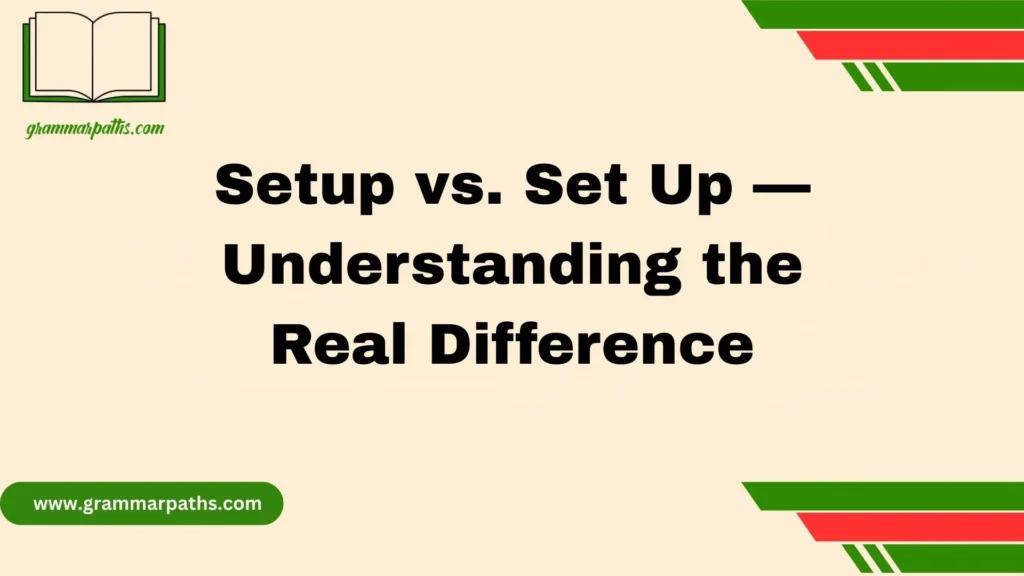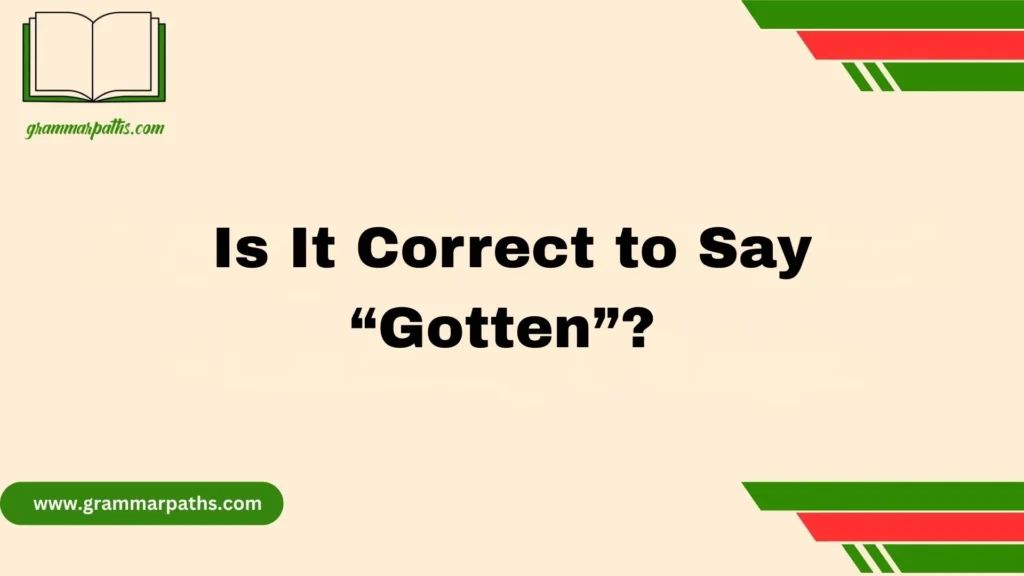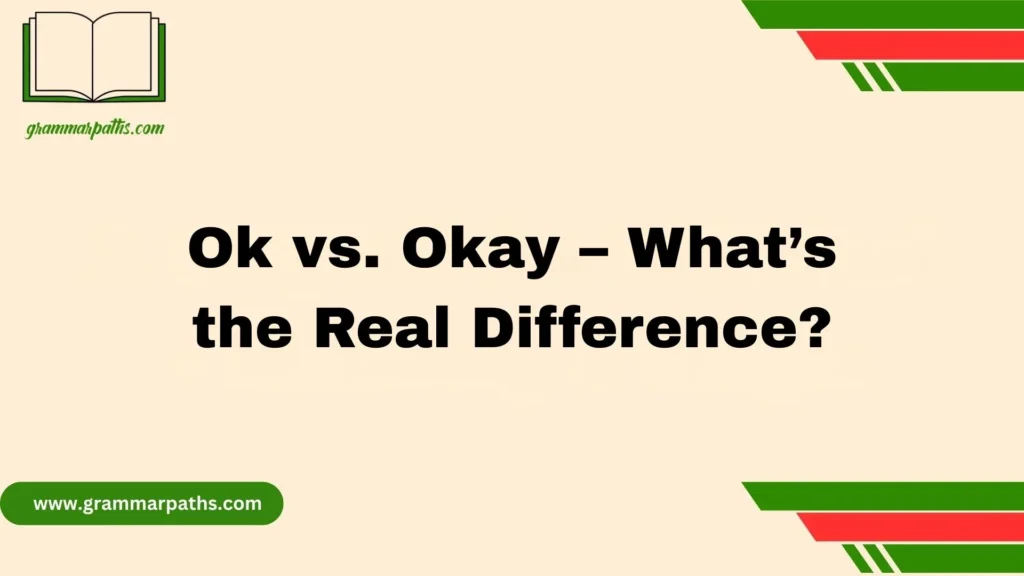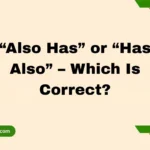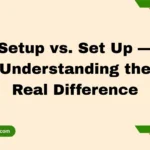Language is always evolving, and that’s what makes it so exciting—especially for students, teachers, and anyone passionate about how we communicate today. Ever come across someone saying “Yupper” or “Yuppers” and wondered, “Wait, is that even a real word?” You’re not alone. These quirky expressions are great examples of how informal language, especially slang and conversational phrases, sneak into our daily talk, group chats, and even classrooms. This guide dives into what these terms really mean, their origins in casual speech, and whether they’re officially recognized in modern lexicons and dictionaries.
While “yupper” might sound like a fun twist on “yes,” it’s more than just a random word. It’s rooted in verbal expression, often used to show excitement, agreement, or just to keep the mood light. You’ll hear it in text messages, TikTok comments, or even during a casual chat between friends. Unlike formal terms you’d find in academic writing, yupper and yuppers thrive in settings where tone matters just as much as meaning. That makes them perfect for understanding how phraseology, lexical trends, and semantic nuance shape everyday English in real time.
This article will break down everything you need to know—from the definition of yupper, to how it’s used by different age groups, and whether you’ll find it in a dictionary or just online slang threads. By the end, you’ll not only know if “yupper is a word,” but also where it fits in our constantly changing language. Whether you’re a curious student, a language-loving teacher, or just someone who loves to stay in the loop with modern expressions—this is your complete guide to understanding and using “yupper” with confidence and clarity.
What Does “Yupper” Actually Mean?
At first glance, “yupper” looks like a playful variation of “yes” or “yup.” In everyday conversation, it serves as an informal, sometimes humorous way to affirm or agree. People might say it to sound friendly, enthusiastic, or even a bit sarcastic.
Here are some key points about the meaning of “yupper”:
- Affirmative response: It’s primarily used to say “yes” in a lighthearted tone.
- Tone varies: Depending on the speaker’s mood, it can feel sincere, cheeky, or exaggerated.
- Informal: You won’t hear “yupper” in formal settings like business meetings or academic writing.
Example uses:
- “Are you coming to the party?”
“Yupper, wouldn’t miss it!” - “Did you finish the project?”
“Yupper, all done.”
These examples show how “yupper” adds a casual, friendly flavor to simple affirmations.
Is “Yupper” Considered a Real Word?
You might wonder if “yupper” officially counts as a word. The answer depends on how you define “real.”
- Dictionary presence:
Currently, major dictionaries like Merriam-Webster, Oxford English Dictionary, and American Heritage do not include “yupper.” However, some slang dictionaries and online resources mention it as informal or playful language. - Linguistic classification:
Experts classify “yupper” as an interjection or informal affirmative slang, falling under non-standard English. It’s part of spoken language more than formal writing. - Language authorities:
Linguists and language enthusiasts recognize it as a natural evolution of “yes” and “yup,” but hesitate to call it a standard English word due to limited formal use.
In short, “yupper” is real in everyday speech, especially online and in casual talk, but it hasn’t made the jump into formal language yet.
The Origin of “Yupper”
Understanding where “yupper” came from reveals a lot about language’s playful side.
Evolution Path:
| Term | Era/Context | Notes |
| Yes | Traditional English | Standard affirmation |
| Yup | 20th century | Informal, quick affirmative |
| Yuppy | 1980s | Refers to Young Urban Professionals (unrelated but similar sound) |
| Yupper | Early 2000s onward | Exaggerated form of “yup,” playful slang |
“Yupper” likely originated as an exaggeration or elongation of “yup.” People tend to add sounds or syllables to emphasize tone or friendliness in speech. For example, “yup” becomes “yupper” to sound more enthusiastic or joking.
Online culture played a key role: forums, chat rooms, and social media encouraged playful slang, making “yupper” popular among Millennials and Gen Z users.
“Yuppers” vs. “Yupper” — What’s the Difference?
You may have noticed people sometimes say “yuppers” instead of “yupper.” Are these interchangeable? Not quite.
- “Yupper” functions as a singular interjection—a way to say “yes.”
- “Yuppers” is often a pluralized, emphatic form, used to add warmth or humor.
Examples:
- “You finished the test?”
“Yupper.” - “You coming to the game and the after-party?”
“Yuppers!”
Adding the -s gives the phrase a playful, friendly twist, like saying “yep yep” or “you bet.”
From a grammatical viewpoint, adding “-s” to an interjection is unusual but common in slang, showing language’s flexibility.
How “Yupper” Evolved in Pop Culture and Internet Slang
Digital communication accelerates slang evolution, and “yupper” is no exception.
Online Spread
- Memes and GIFs: “Yupper” appears in memes to express exaggerated agreement or mock enthusiasm.
- Social media: Platforms like TikTok, Twitter, and Reddit helped spread and normalize the term.
- Gaming communities: Players use it to respond quickly in chats, emphasizing a casual, relaxed vibe.
Pop Culture
- Though not mainstream, “yupper” pops up in TV shows and YouTube videos targeting younger audiences, often to depict informal speech.
Case Study: “Yupper” in Reddit conversations
A popular subreddit dedicated to slang documented over 300 uses of “yupper” across posts, mostly in humorous, sarcastic, or enthusiastic replies.
“Yupper” vs. Other Affirmative Slang (Yup, Yep, Yah, Fo’ Sho)
Affirmative slang is a colorful landscape. Let’s compare “yupper” to its closest relatives.
| Slang Word | Tone | Usage Context | Notes |
| Yup | Casual, neutral | Everyday informal | Most common informal “yes” |
| Yep | Friendly, laid-back | Informal, conversational | Slightly warmer than “yup” |
| Yah | Regional, casual | Certain dialects, quick yes | Often regional, informal |
| Fo’ Sho | Slang, emphatic | Urban slang, strong agreement | Popularized by hip-hop culture |
| Yupper | Playful, exaggerated | Humorous or enthusiastic yes | Less common, adds personality |
Choosing the right word depends on tone and setting. “Yupper” stands out as a fun, exaggerated way to agree, perfect for playful chats.
Should You Use “Yupper” in Everyday Speech or Writing?
When it comes to using “yupper”, context is everything.
Suitable contexts:
- Texts or chats with friends and family
- Casual social media posts or comments
- Informal spoken conversations where humor or friendliness is welcome
Unsuitable contexts:
- Professional emails or business communication
- Academic writing or formal presentations
- Situations requiring clear, standard English
Using “yupper” in the wrong place might cause confusion or seem unprofessional.
How Words Like “Yupper” Enter Our Language
Language grows because people play with words. Here’s how slang like “yupper” moves from casual speech into wider acceptance:
The pathway of slang integration:
- Creation and informal use: Coined among close groups or online.
- Wider spread: Used in social media, pop culture, and daily speech.
- Dictionary inclusion: Lexicographers note frequent usage.
- Standardization: Words appear in formal writing and education.
Examples of slang that made it:
- Cool
- Selfie
- Ghosting
Will “yupper” follow this path? It’s early to tell. Its playful, niche nature might limit broad adoption.
Real-Life Examples of “Yupper” in Use
Seeing “yupper” in action helps grasp its vibe.
Example 1:
Friend 1: “Did you grab the tickets?”
Friend 2: “Yupper, got them early!”
Example 2:
Colleague: “Is the report ready?”
You (casual): “Yupper, just emailed it.”
Example 3:
Text message:
“Want to join us for dinner?”
“Yuppers! Can’t wait.”
These examples highlight how “yupper” conveys enthusiasm and friendliness. The word often replaces “yes” to sound more approachable or fun.
Final Verdict: Is “Yupper” Just Slang or a Word in Progress?
While “yupper” hasn’t earned a place in formal dictionaries, it’s undeniably part of modern informal speech. It reflects the playful side of language, shaped by online culture and casual interaction.
Key takeaways:
- “Yupper” functions as a casual, humorous affirmative response.
- It emerged from natural linguistic evolution, adding personality to “yes.”
- Though absent in formal language, it thrives in digital and spoken slang.
- Its future depends on wider acceptance beyond niche communities.
In short, “yupper” is a real word in everyday talk, just not official yet.
FAQs About “Yupper”
Is “Yupper” used in formal writing?
No. It remains informal slang and should be avoided in professional contexts.
Can “Yupper” be found in any dictionaries?
Not in major ones, but some slang or online dictionaries mention it.
Is “Yupper” more common in certain regions?
It’s mostly popular in English-speaking internet communities, especially in the U.S.
What’s the difference between “Yup,” “Yep,” and “Yupper”?
“Yup” and “yep” are casual affirmatives; “yupper” adds a playful, exaggerated tone.
Is “Yupper” considered cringey or casual?
It depends on the audience. Among friends, it’s casual and fun; in formal settings, it can seem unprofessional.
Conclusion
Words like “yupper” remind us how fluid language can be. Emerging from playful twists on simple affirmations, it captures a fun, casual way to say “yes.” While it hasn’t crossed into official language, it thrives online and in everyday chats. Next time someone asks, “Is yupper a word?” you can confidently say—it’s real in spirit, a charming piece of living language still growing in popularity.
So, whether you embrace “yupper” or stick with plain “yes,” remember: language is as alive as the people who use it, and sometimes, a little playful twist makes all the difference.

Emma Brooke is a passionate language expert and contributor at GrammarPaths.com, where she helps learners navigate the complexities of English grammar, idioms, and effective writing. With a strong academic background and years of teaching experience, Emma excels at turning tricky grammar rules into simple, practical lessons that readers can easily grasp.

